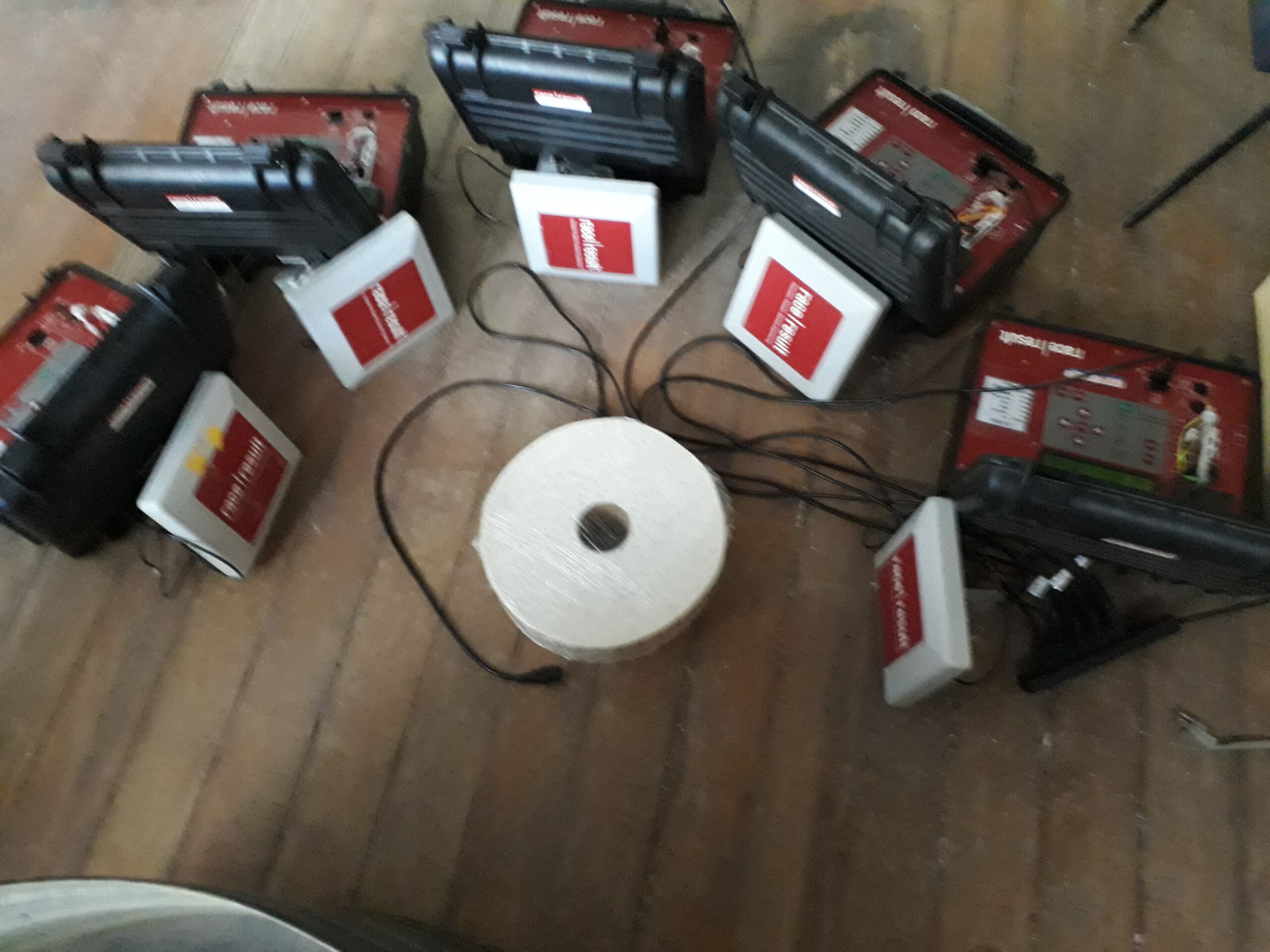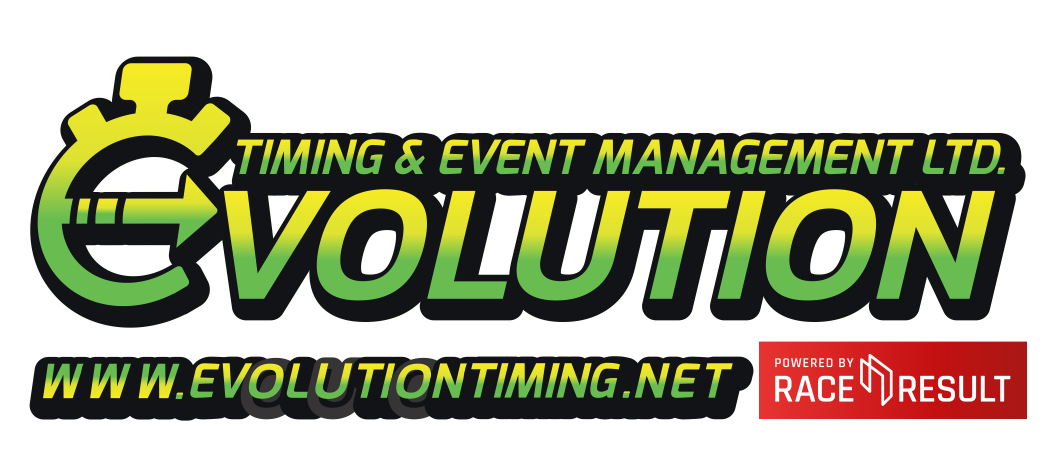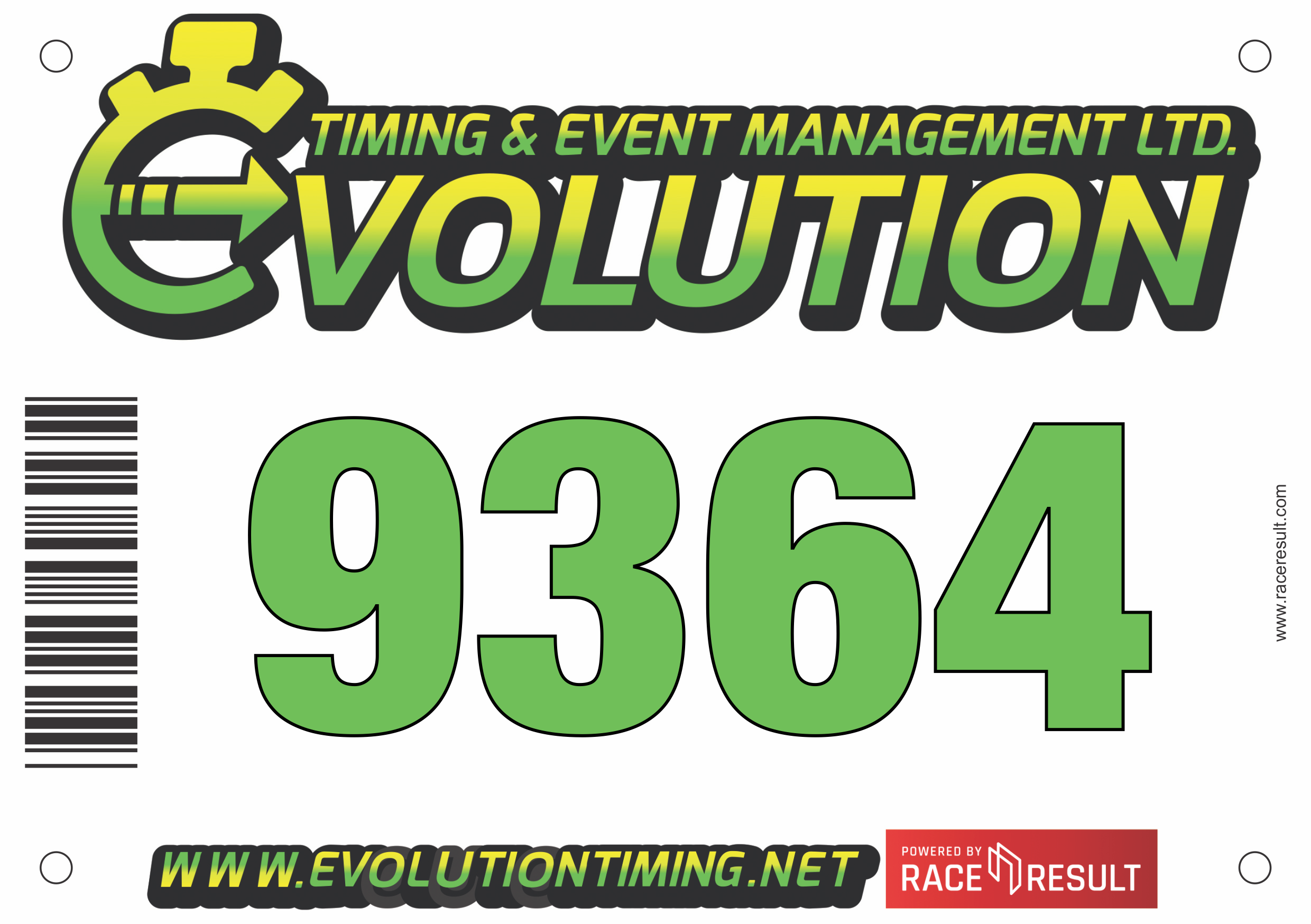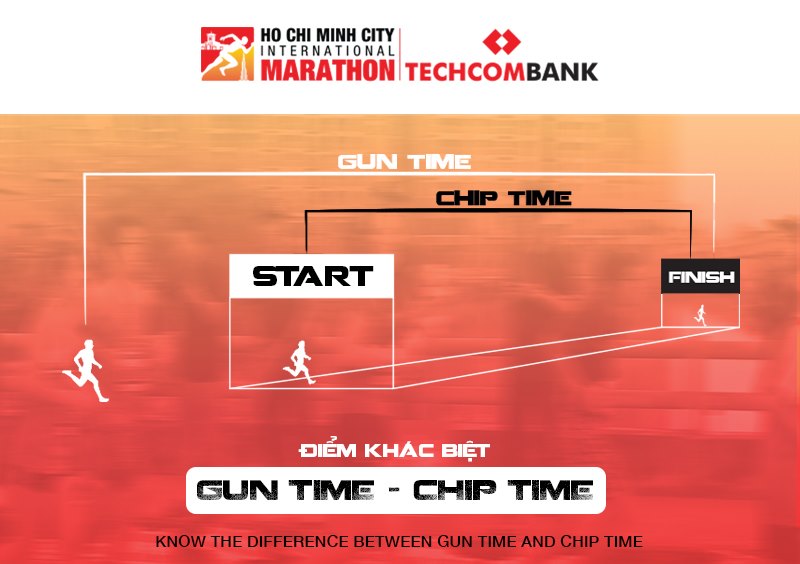Your cart is currently empty!
Stress to the test!

Why Stress Testing RFID Equipment Is Essential for Race Timing
In the world of sports event management, precision and reliability are everything. Whether it’s a road race, triathlon, or mountain bike event, athletes and spectators alike expect results to be delivered fast, accurate, and with zero downtime. This is why RFID-based race timing systems have become the backbone of modern event timing.
However, as with any technology operating in high-pressure, variable environments, stress testing is not optional—it’s a critical operational requirement.
1. Timing Is a High-Stakes Business
At its core, race timing is about capturing and processing data at speed. From the moment the race begins, your equipment is expected to track hundreds or even thousands of athletes with millisecond precision, often in extreme or unpredictable conditions.
There’s no room for guesswork, and no second chances.
That’s why we regularly conduct stress tests on all our RFID timing gear, including antennas, readers, batteries, and backup systems.
2. Why Stress Testing Matters
🔋 Battery Performance Under Load
Our RFID systems often rely on battery-powered antennas and timing units, especially in remote or mobile setups. Stress testing allows us to simulate real-world conditions and measure:
- Battery life under continuous use
- Behavior at low voltage levels
- Impact of environmental conditions like heat or humidity
Understanding battery endurance helps us plan for longer races and ensures we’re never caught off guard.
📡 Read Accuracy & Antenna Behavior
In stress tests, we recreate high-density situations like mass starts and tight finish funnels to measure:
- The number of successful tag reads per second
- The rate and pattern of missed reads
- Antenna coverage consistency
- Effects of tag placement and tag type (bib tags, shoe tags, wristbands, etc.)
This data helps us fine-tune reader positioning and tag distribution for optimal performance.
📶 Data Transfer & Processing Lag
We monitor the latency in sending and receiving reads to our central results systems. If even a few milliseconds of delay add up across thousands of reads, the entire system’s accuracy could suffer.
Stress testing lets us identify potential data bottlenecks before race day.
3. Redundancy Is Not a Luxury — It’s a Necessity
One of the most important lessons from stress testing is the need for redundancy:
- Backup batteries and power sources
- Secondary antennas at critical timing points
- Spare readers and cables
- Offline data logging in case of internet dropouts
These measures are the difference between delivering a seamless experience and dealing with post-race disputes due to missing data.
Just like race marshals and hydration stations are essential, so are fail-safe systems for timing.
4. Real-World Examples and Fail-Safes
In our experience, stress testing has uncovered:
- Reader modules that overheat after 4+ hours of continuous use
- Antennas that underperform when mounted too close to metal structures
- Software crashes due to unexpected tag volume surges
Because we’ve identified these issues in test environments, we’ve avoided them during live events.
Every failure in testing gives us a chance to improve.
5. Looking Good Is Great — Performing Well Is Better
It’s easy to be distracted by appearances—sleek gantries, branded bibs, and well-dressed staff. But when the horn goes off and the runners pour through the start gate, none of that matters if the timing system fails.
Stress testing ensures we’re not just looking good, but delivering results with confidence and precision.
Conclusion: Prepare for the Unexpected
RFID race timing systems are built on trust. Athletes trust that their performance will be recorded correctly. Organizers trust that the system will work flawlessly. And we know that trust comes from meticulous preparation.
That’s why we stress test our equipment. We simulate pressure before it’s real, so that when race day comes, we’re not just ready—we’re ahead of the curve.

Evolution Race Directors Hub
Check out Documents and Templates to help you organize your next event.





Leave a Reply